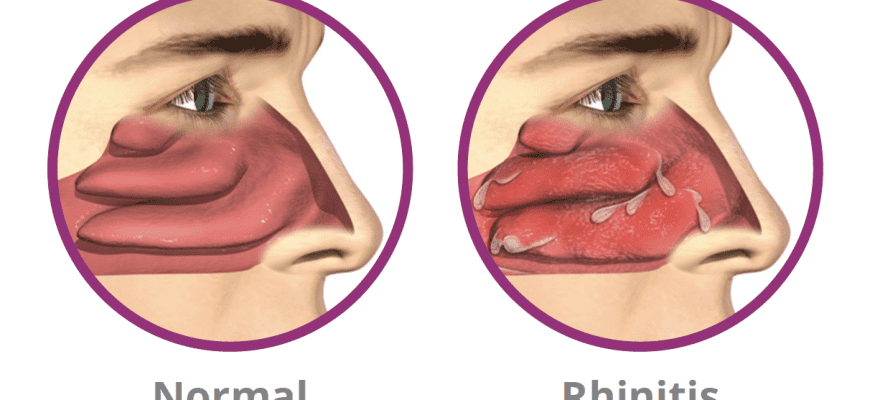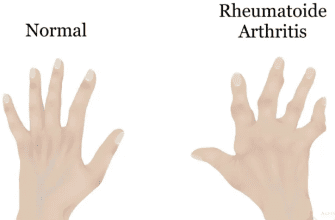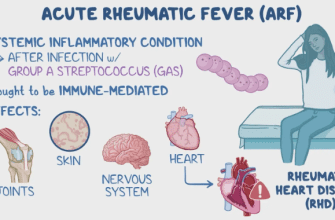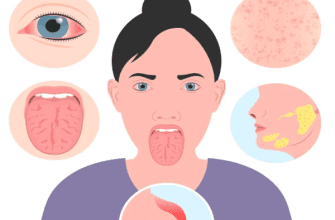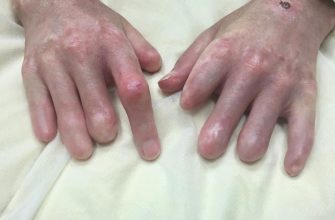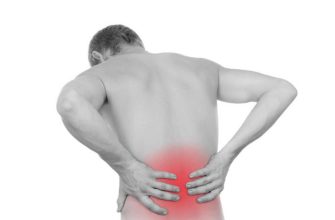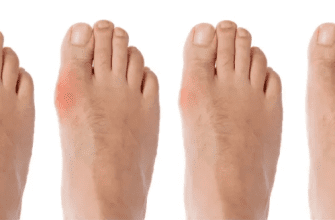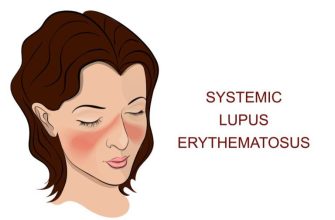Contents
1. Etiology
Rhinitis – nasal mucosa inflammation caused by:
- Infectious (viruses, bacteria, rarely fungi).
- Allergic (pollen, dust, pet dander).
- Vasomotor (abnormal blood vessel tone).
- Atrophic (thinning mucosa, often due to nasal spray overuse).
- Medication-induced (e.g., rebound rhinitis from decongestants).
2. Symptoms
Common signs:
- Nasal congestion.
- Runny nose (clear to purulent discharge).
- Sneezing, nasal itching.
- Reduced sense of smell.
Type-specific features:
- Infectious: fever, fatigue, possible cough.
- Allergic: watery eyes, redness, seasonal patterns.
- Vasomotor: congestion without discharge, triggered by stress/cold.
3. Diagnosis
- Medical history (duration, allergies).
- Rhinoscopy (ENT examination).
- Allergy tests (if allergic cause suspected).
- Nasal swab (for bacterial culture).
- CT/X-ray (to rule out sinusitis in chronic cases).
4. Treatment
Based on cause:
- Infectious:
- Saline rinses (saline sprays).
- Decongestants (max 5–7 days!).
- Antibiotics (if bacterial).
- Allergic:
- Antihistamines (Cetirizine, Loratadine).
- Nasal steroids (Fluticasone, Mometasone).
- Allergen avoidance.
- Vasomotor:
- Steroid sprays.
- Physiotherapy (laser, electrophoresis).
- Surgery (in severe cases).
5. Prevention
- Infectious:
- Hand hygiene, avoid sick people.
- Use humidifiers.
- Allergic:
- Keep windows closed during pollen season.
- Use HEPA filters.
- General:
- Don’t overuse decongestants.
- Boost immunity (vitamins, exercise).
6. When to See a Doctor?
- Symptoms persist >10 days.
- Fever + green/yellow discharge.
- Severe headache (possible sinusitis).
- Nosebleeds or sudden loss of smell.
7. How to Prevent Rhinitis?
- Avoid cold drafts.
- Rinse nose after allergen exposure.
- Quit smoking (irritates nasal mucosa).
